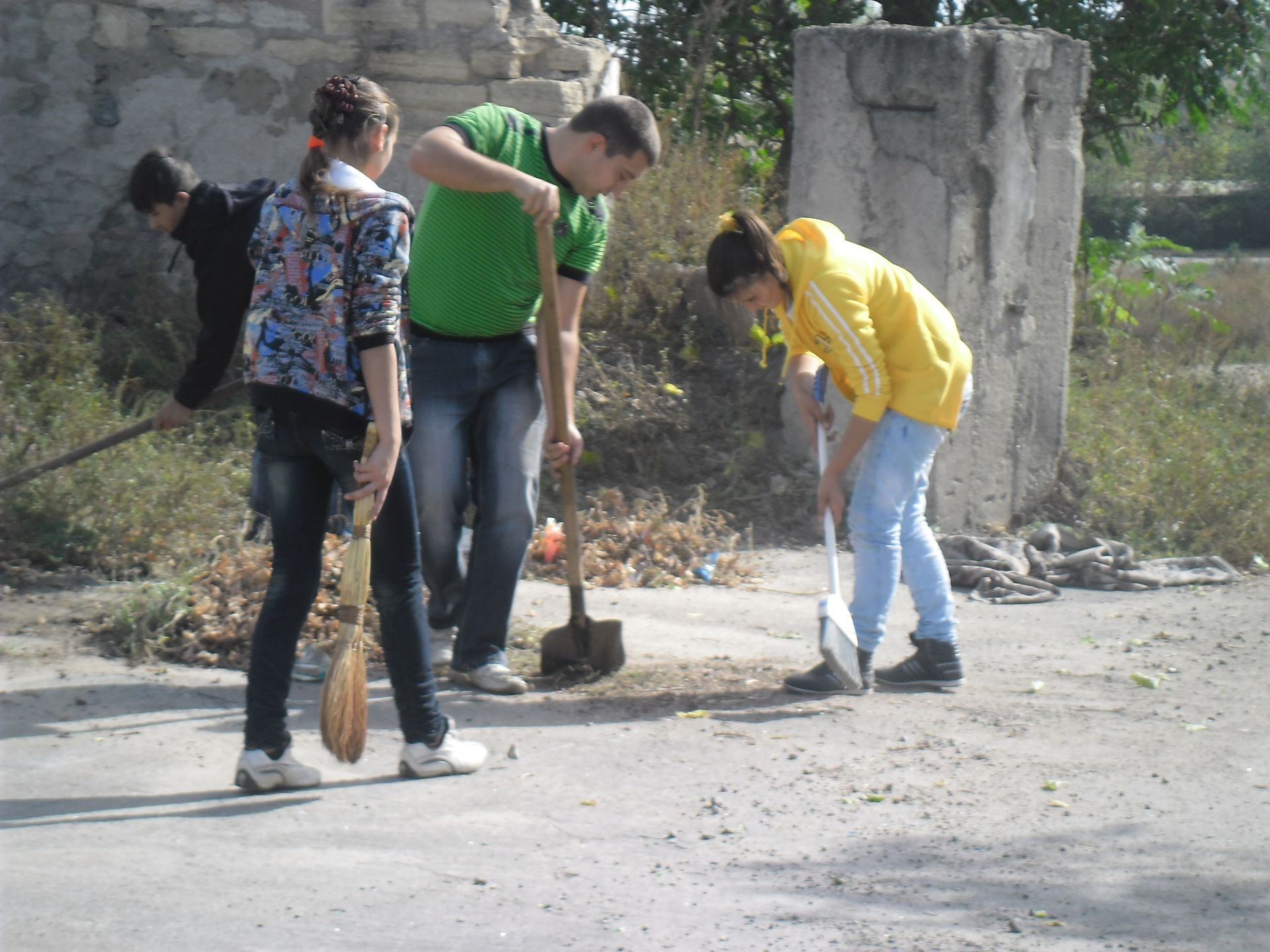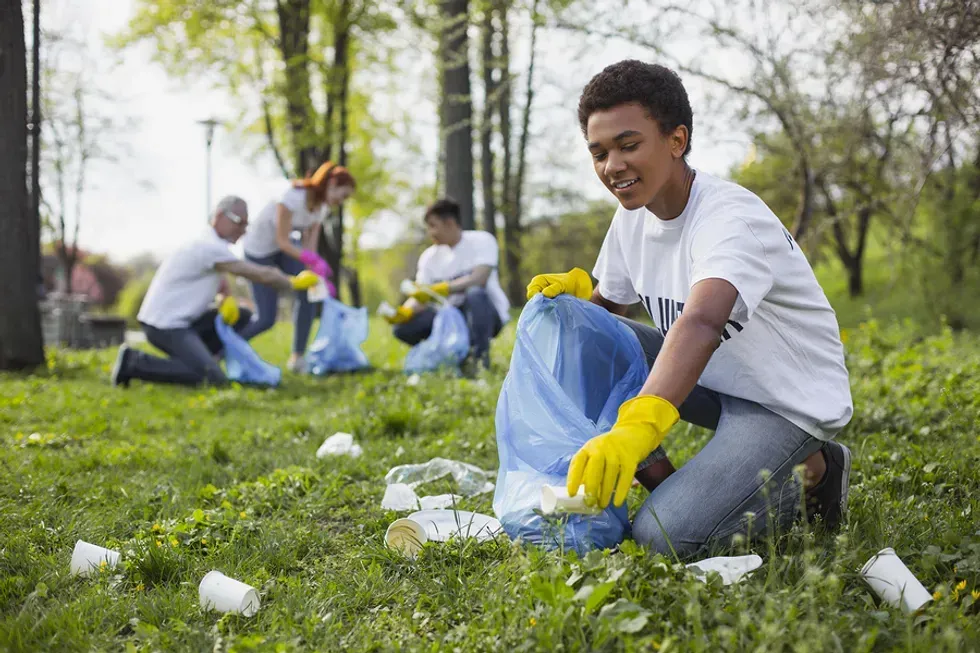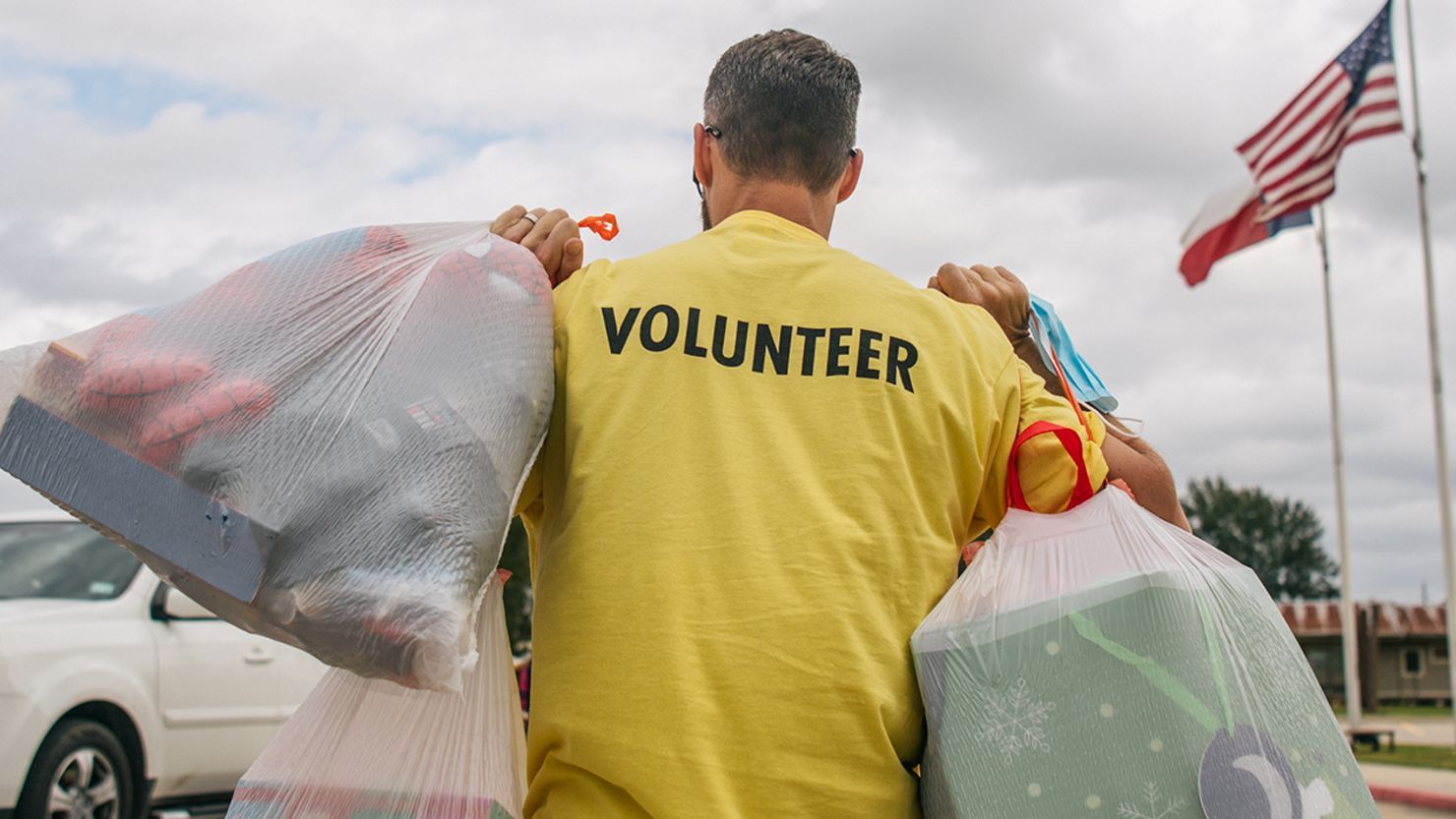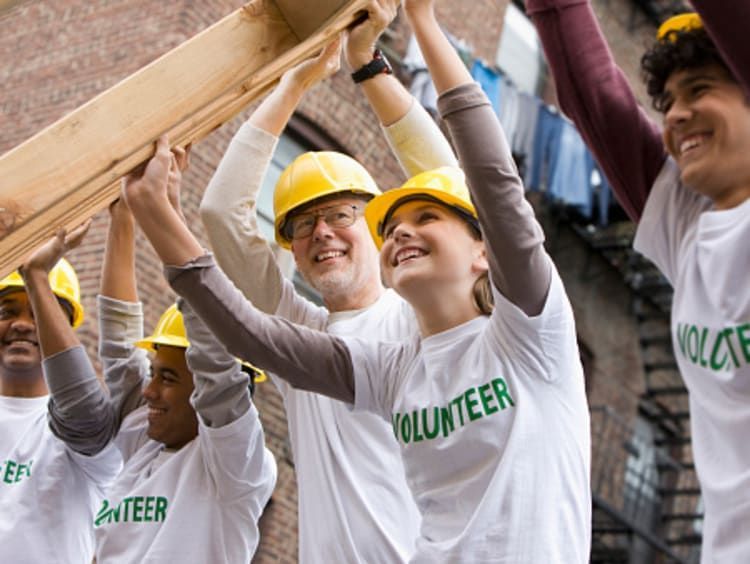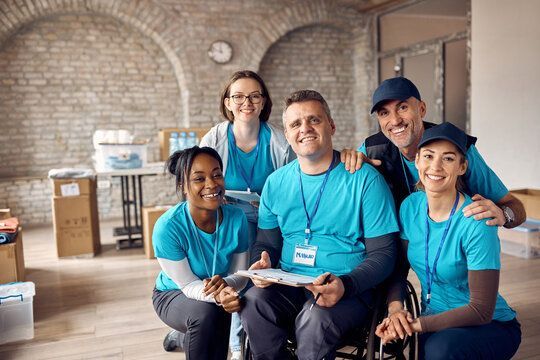How to Volunteer with Special Needs as an Adult
Volunteering with special needs communities as an adult can be a deeply fulfilling experience. From providing companionship to teaching life skills, your involvement can make a difference in many lives.
Understanding the Value of Volunteering with Special Needs Adults
Volunteering with special needs adults requires empathy, understanding, and patience. The opportunity is transformative, both for those receiving support and for those giving it. Working with individuals with intellectual or developmental disabilities can involve assisting with daily tasks, offering job support, or engaging in recreational activities. Your support contributes not only to their personal growth but also to a more inclusive community.

Key Organizations Supporting Volunteer Work with Special Needs Adults

To volunteer with special needs adults, consider reaching out to established organizations. Here are some well-known options:
- CleanUP: A community-driven organization focused on social good, CleanUP offers volunteer roles that allow you to support those with disabilities through sponsorships, donations, or hands-on assistance. CleanUP’s initiatives welcome volunteers who are committed to fostering inclusivity and providing meaningful support.
- The Arc: A nonprofit dedicated to individuals with intellectual and developmental disabilities, The Arc provides various volunteer opportunities, including one-on-one support and community integration.
- Easter Seals: Easter Seals offers a range of programs and services to help people with disabilities live, learn, work, and play. Volunteers can engage in activities from job coaching to assisting with recreational events.
- Volunteers of America: Focused on supporting people with disabilities, Volunteers of America welcomes volunteers to assist with day-to-day tasks, skill-building, and recreational activities.
For more local opportunities, your local United Way chapter or state office for people with disabilities may also connect you with organizations looking for dedicated volunteers.
Ways to Volunteer with Special Needs Adults
Direct Support Professional (DSP)
As a DSP, you'll assist with daily living tasks like eating, bathing, and dressing. This role requires close interaction, providing hands-on support for individuals to live as independently as possible.
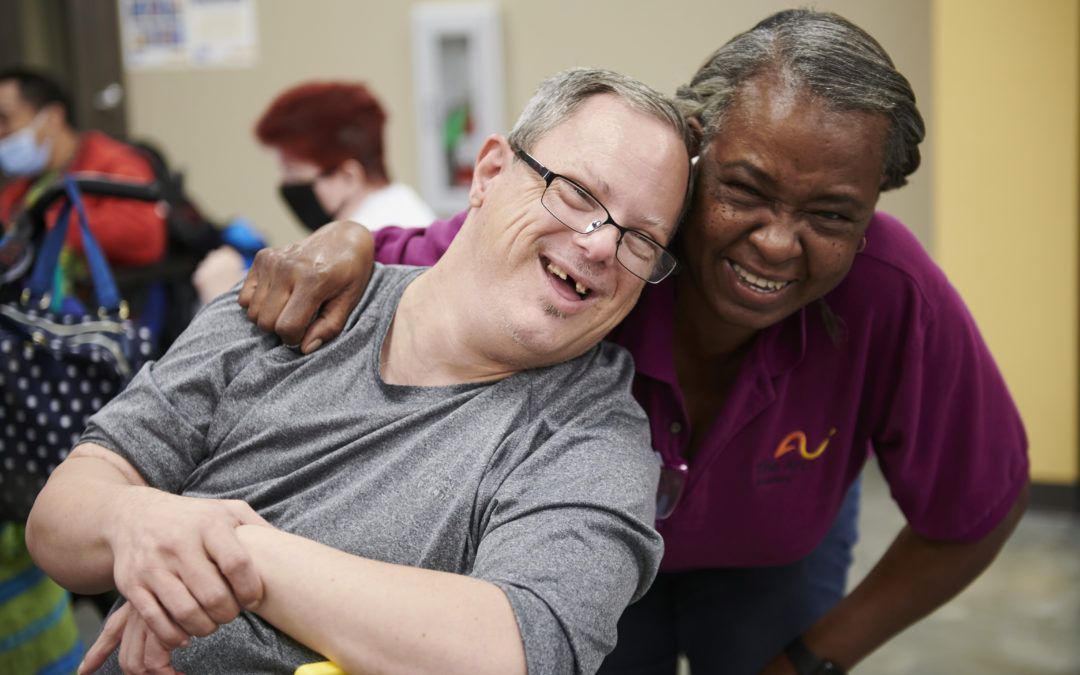
Community Integration Support
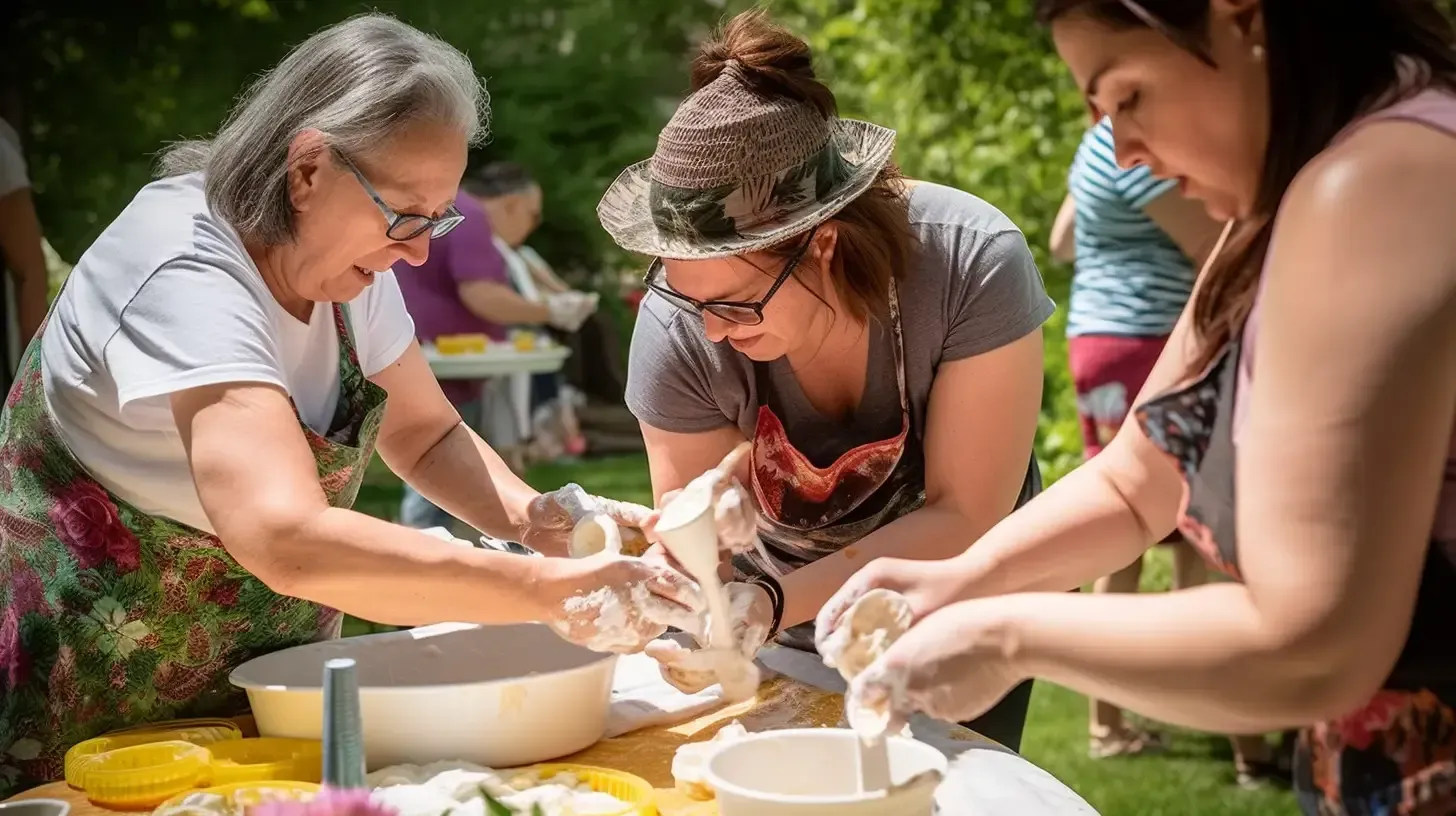
Helping adults with special needs connect with their communities can be incredibly rewarding. This might involve accompanying individuals to events, recreational activities, or medical appointments.
Life Skills Development

If you have skills in areas like budgeting, cooking, or transportation, consider teaching these essential life skills. Your guidance can foster independence and confidence in special needs adults.
Recreational Assistant
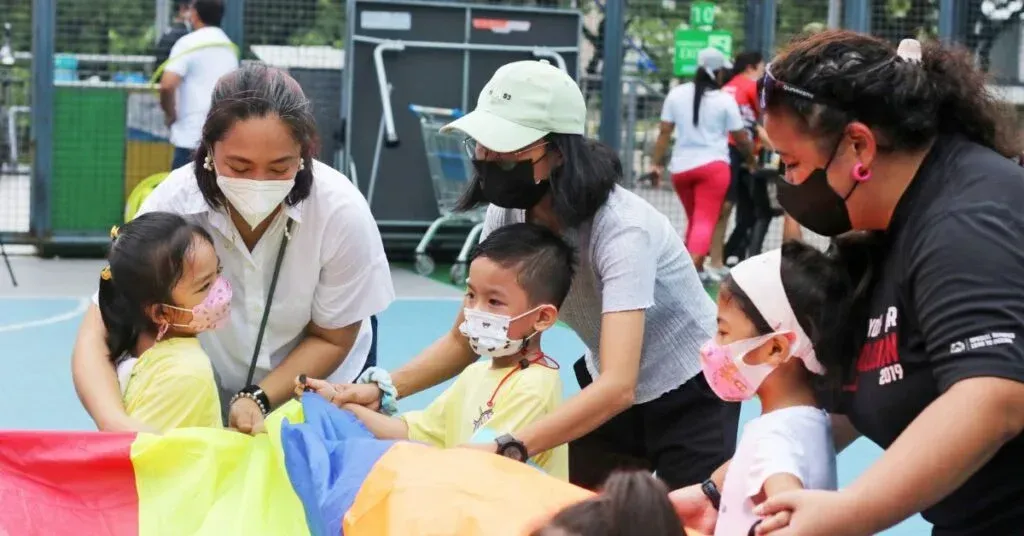
Many organizations seek volunteers to lead recreational activities such as arts and crafts, sports, or outings. These activities are not only enjoyable but also beneficial for social and emotional well-being.
Job Coaching
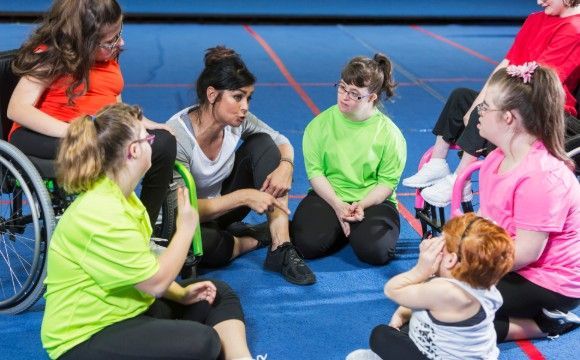
For adults with disabilities entering the workforce, a job coach can make a big difference. As a volunteer, you might assist individuals with tasks on the job, help them learn workplace routines, and offer encouragement to build their confidence.
Advocacy Work
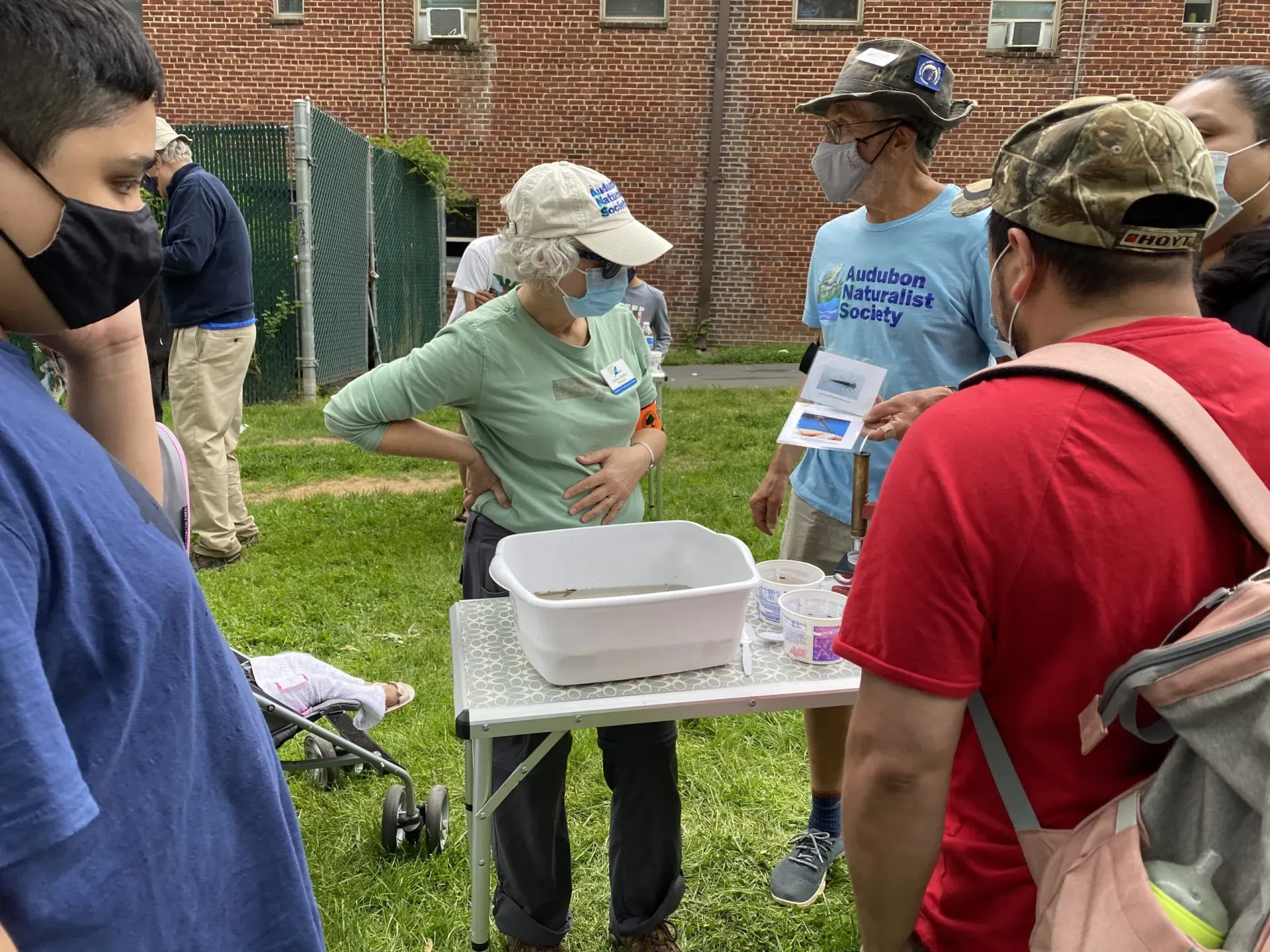
Advocacy can involve participating in awareness campaigns, helping to organize community events, or even working on policy initiatives that support disability rights.
Finding the Right Volunteer Opportunities
Finding the perfect fit depends on your skills, interests, and availability. Consider what aspects of volunteering appeal to you most, whether it's teaching life skills, providing emotional support, or assisting with physical tasks. Here are some steps to get started:
Identify Relevant Organizations

Look into local organizations like The Arc, Easter Seals, and Volunteers of America. Each has its own programs and volunteer roles tailored for special needs support.
Contact United Way or State Disability Offices

These entities are often connected to numerous local programs and can help identify opportunities in your community. Reach out to discover ways to make an impact close to home.
Consider Your Skills and Interests

Evaluate your strengths. Are you comfortable in a supportive, hands-on role like a DSP, or would you prefer an advisory role like a job coach? Choosing the right fit can enhance the experience for you and those you support.
Inquire About Training and Needs
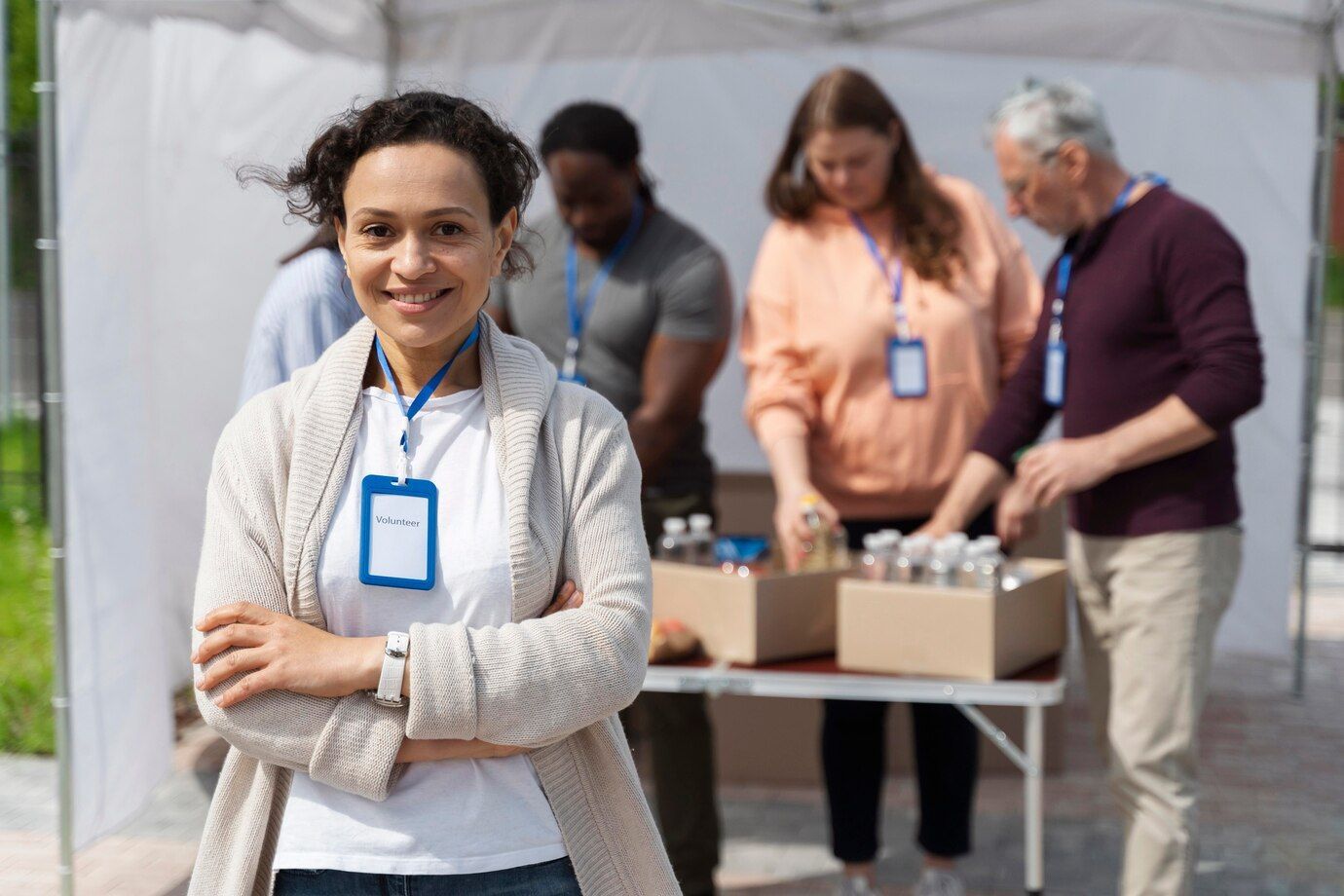
Always ask about the specific needs and training requirements for each role. Some volunteer positions may require specialized training to ensure safe, effective support.
Important Considerations for Volunteering with Special Needs Adults
Respectful Communication

Using person-centered language and treating each individual with dignity is vital. Listen carefully to understand their needs and preferences, and ensure that your support is as empowering as possible.
Active Listening

Pay close attention to non-verbal cues and emotions, as some individuals may communicate differently. Active listening is key to understanding and meeting their needs effectively.
Flexibility and Patience
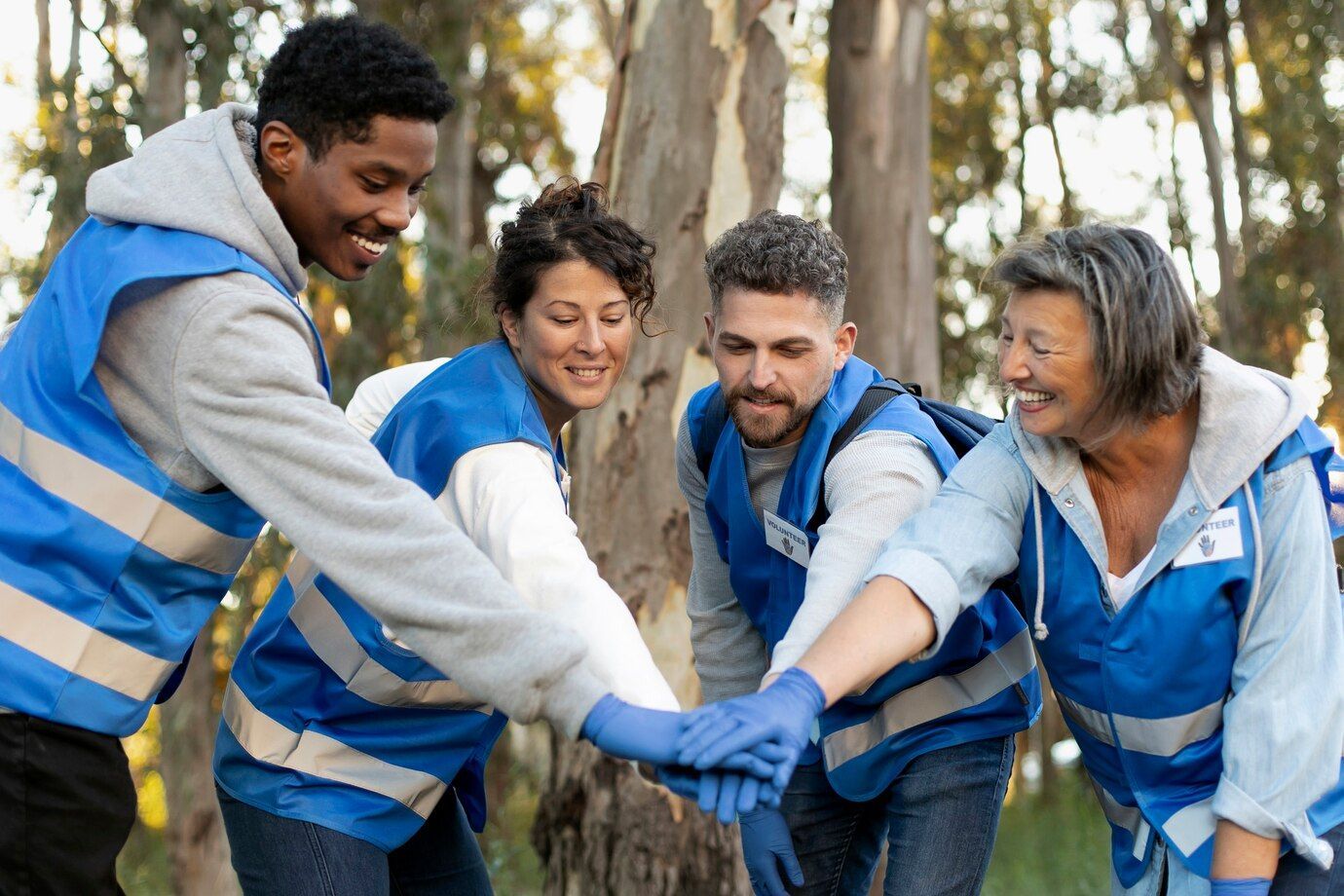
Expectations and routines may need adjustment based on the individuals' needs. Flexibility is essential, as people with disabilities may have varying learning styles and paces.
Practical Benefits of Volunteering with Special Needs Adults
In addition to personal satisfaction, volunteering with special needs adults can enhance your empathy, patience, and communication skills. The experience also contributes to a stronger, more inclusive society and helps break down barriers for people with disabilities. By helping them reach their full potential, you become part of a broader mission toward equality and accessibility.
Conclusion
Volunteering with special needs adults offers a unique opportunity to enrich lives and promote inclusivity. Whether you're offering companionship, teaching life skills, or advocating for change, your efforts matter. Remember to choose a role that aligns with your abilities and passions, seek out training when necessary, and approach every interaction with respect and empathy. As you support others, you’ll find that you’re growing, too—developing skills and insights that only meaningful volunteer work can provide.

